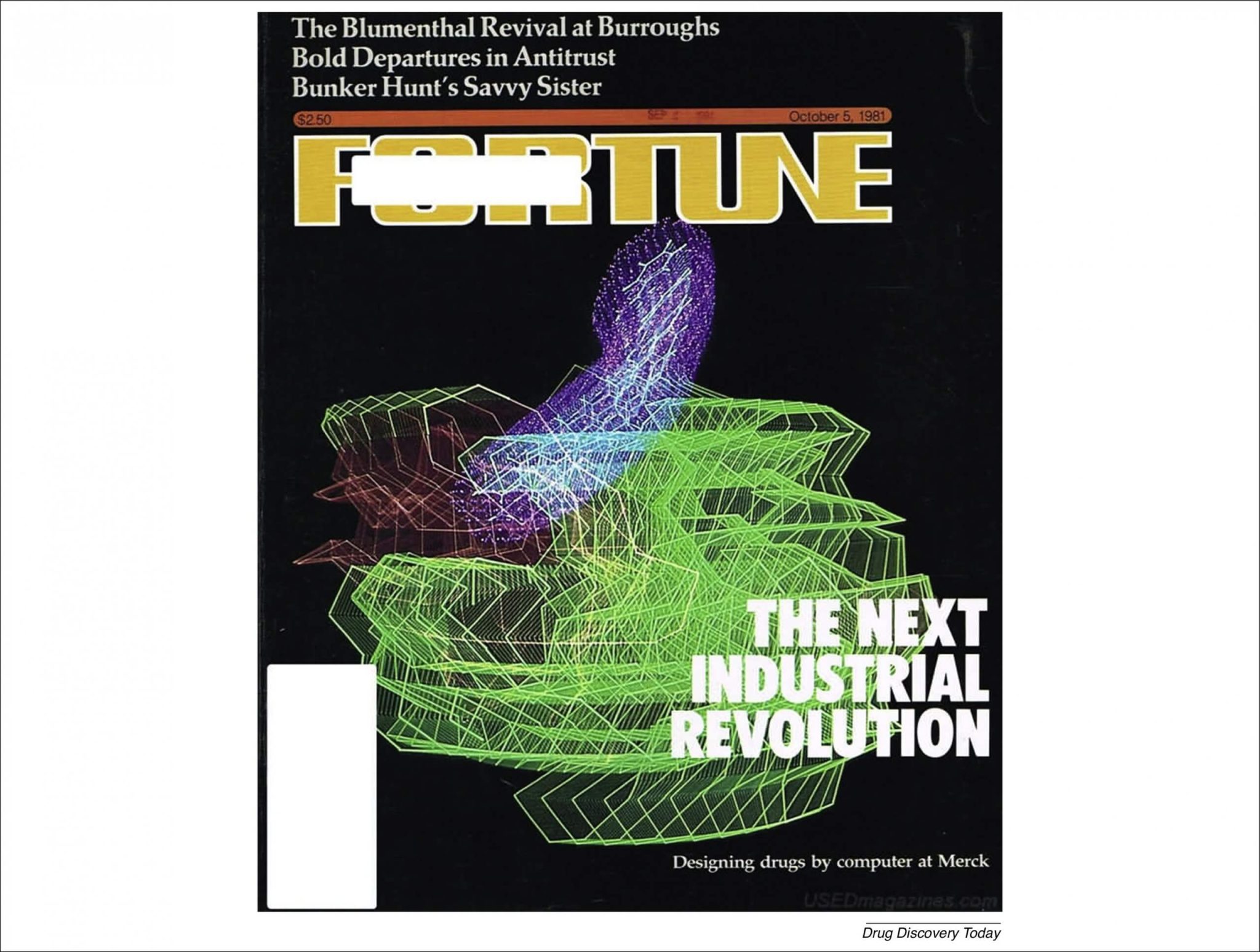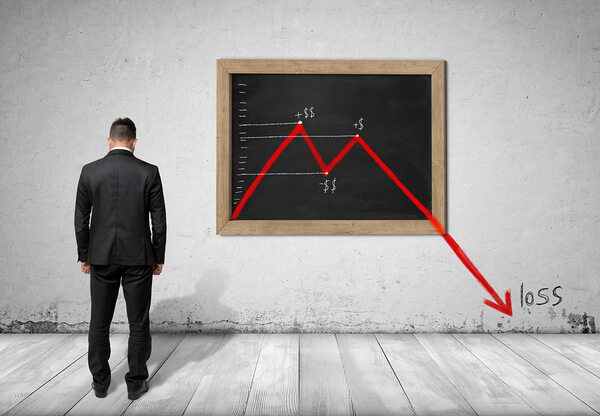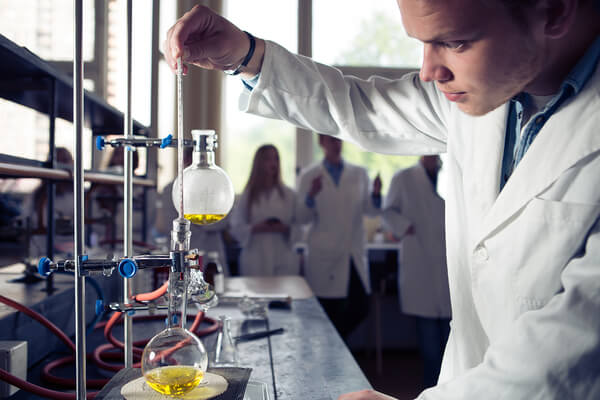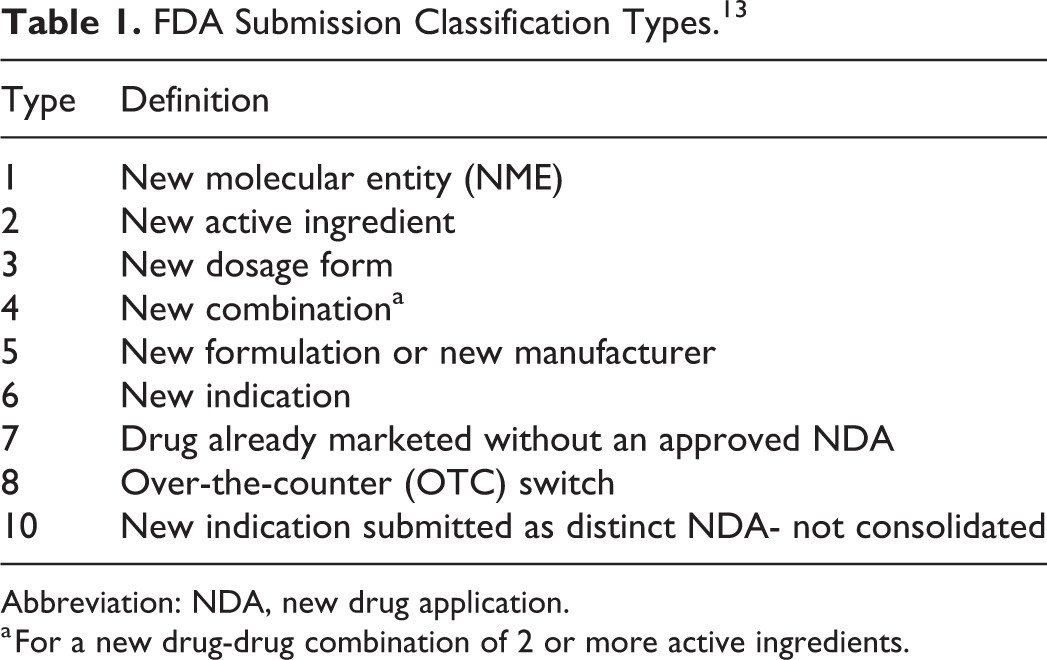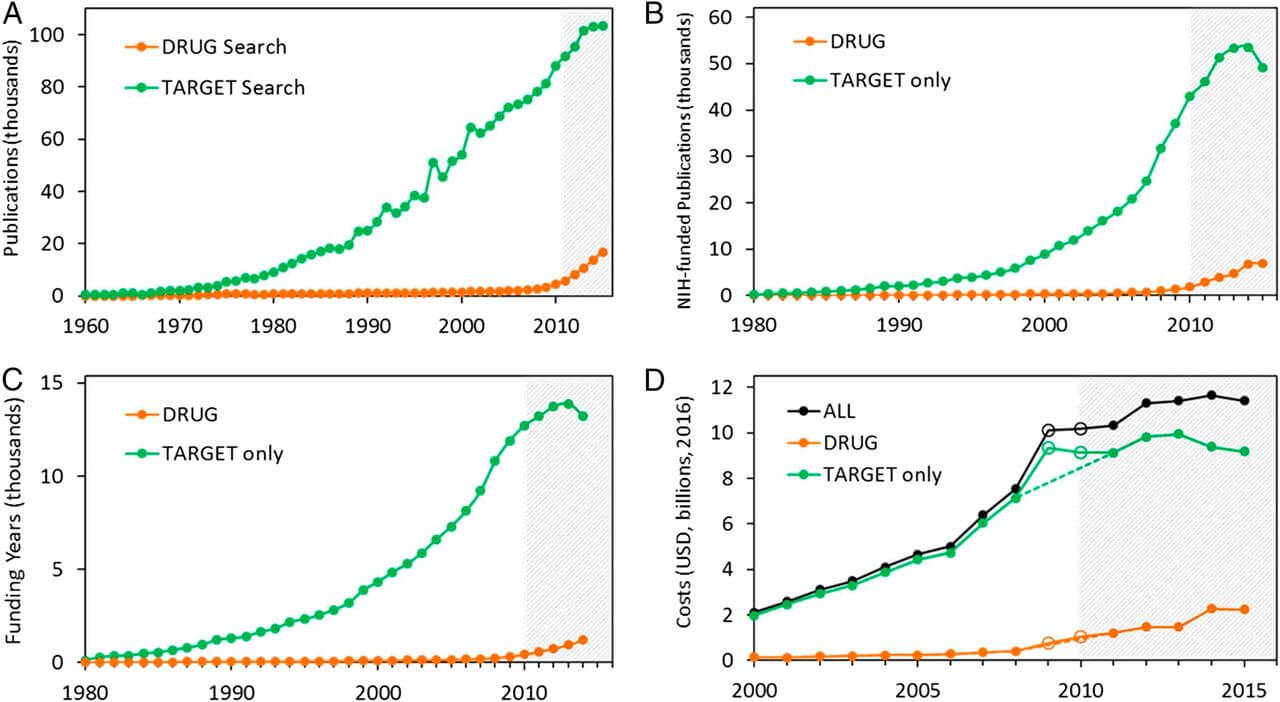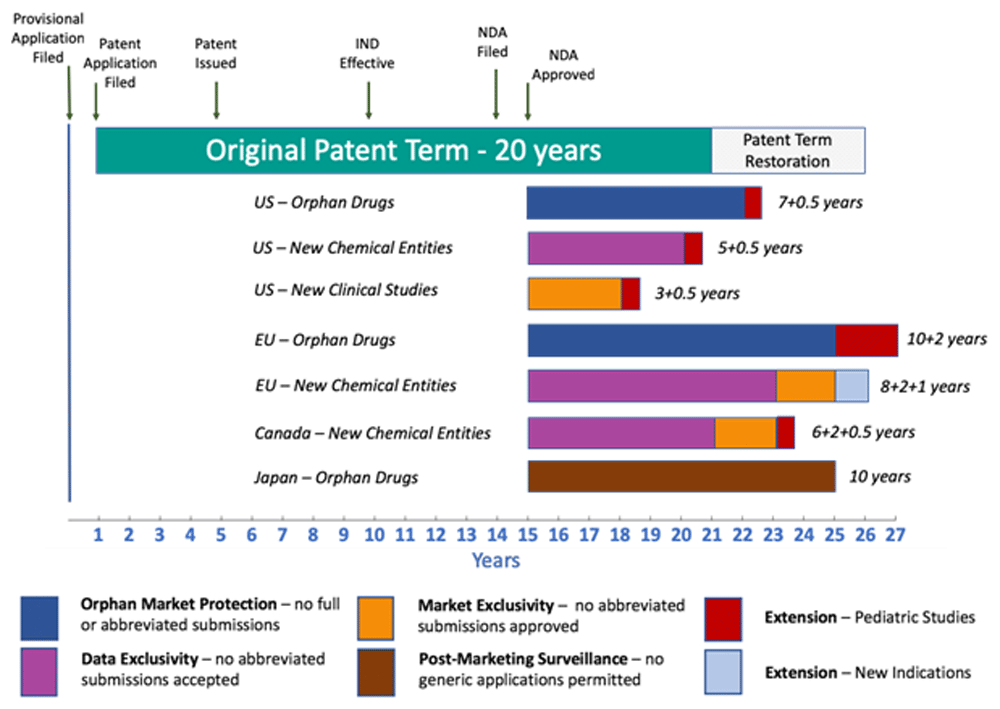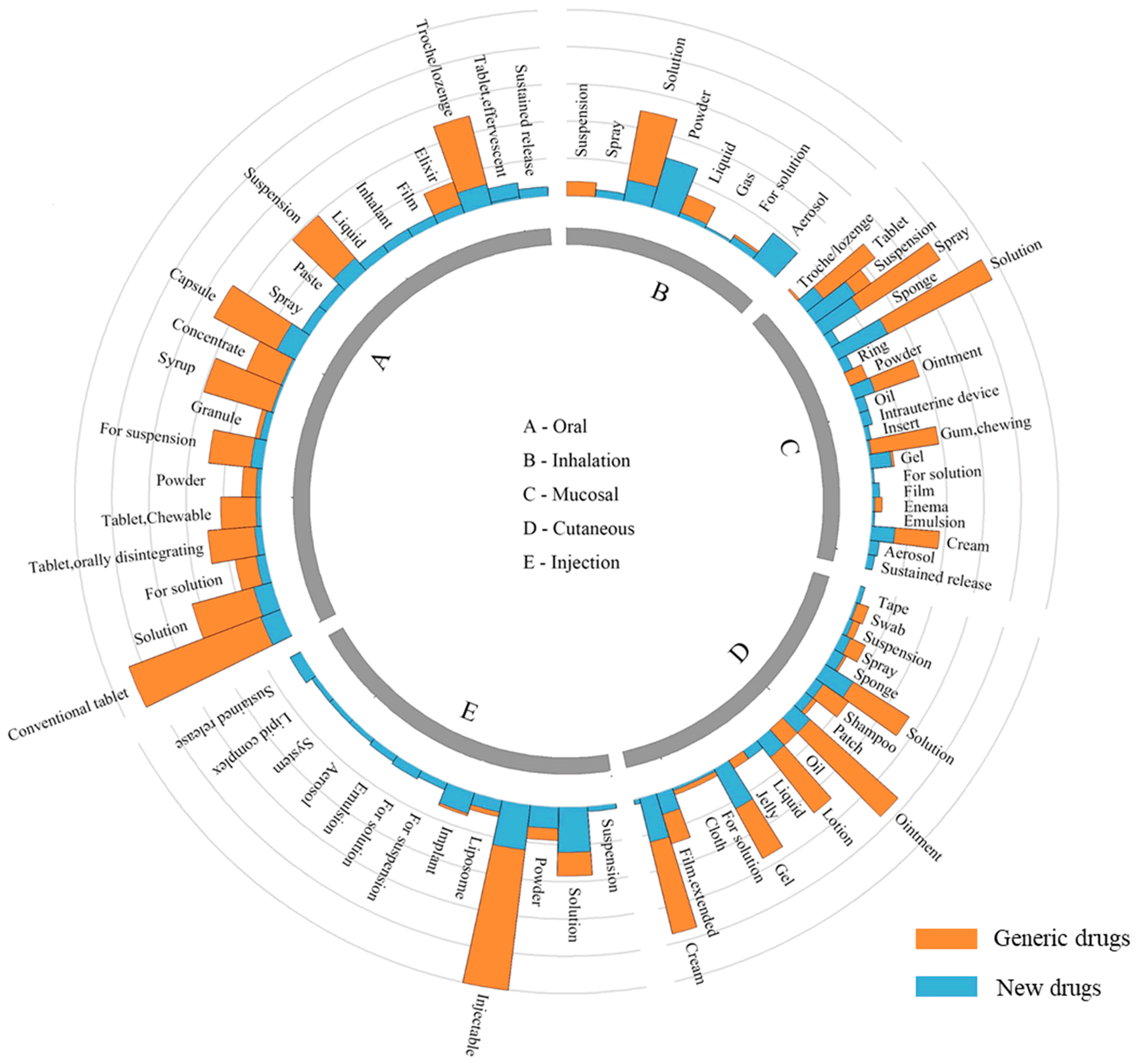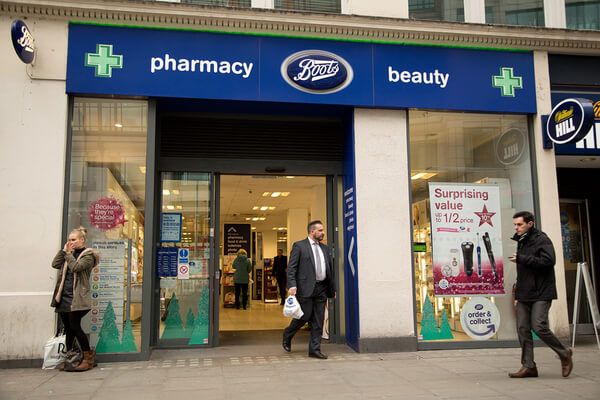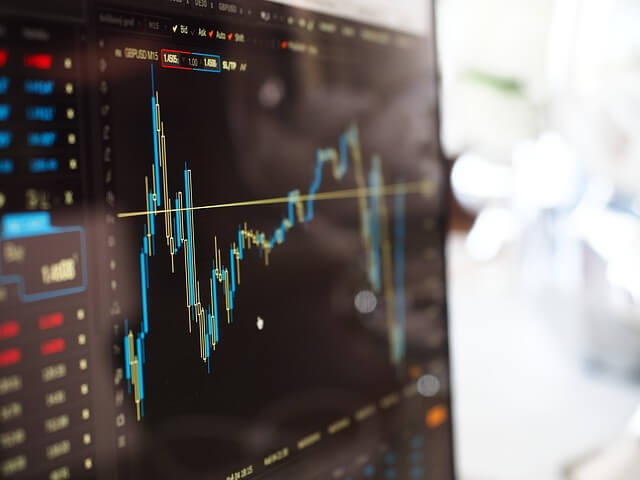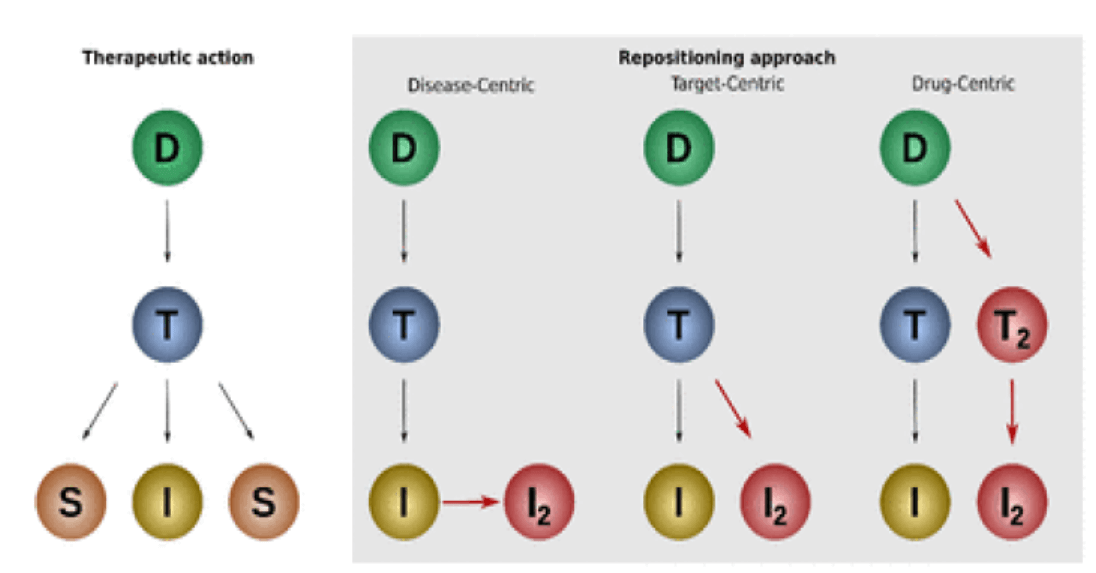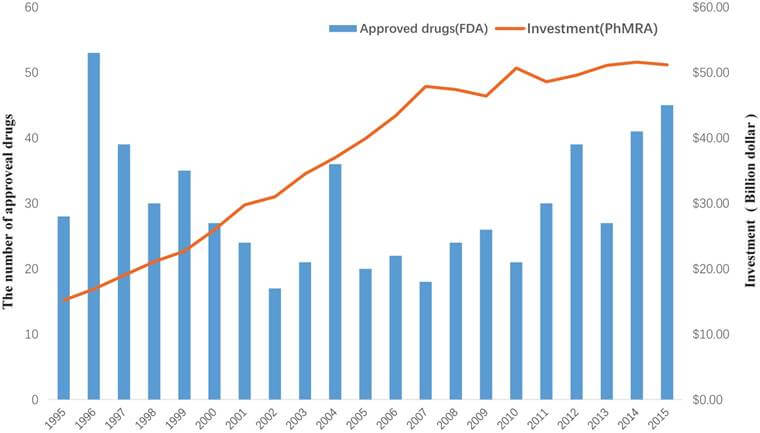
Patent expirations have a significant impact on the pharmaceutical industry, particularly on the generic drug market. When a drug’s patent expires, other manufacturers can produce and market generic versions of the drug, leading to increased competition and lower prices. This article will explore the effects of patent expirations on generic drug markets, including the decrease in drug prices, the increase in generic competition, and the impact on pharmaceutical companies.
Decrease in Drug Prices
Studies have consistently shown that drug prices decrease significantly after patent expiration. A systematic literature review found that drug prices decreased by 41% after 4 years of patent expiration in the Netherlands. Another study found that the average price of physician-administered drugs declined by between 38 and 48 percent following patent expiration, while the decline for oral drugs was around 25 percent. This decrease in prices is primarily due to the entry of generic competitors into the market, which increases competition and drives prices down.
Increase in Generic Competition
The entry of generic competitors into the market after patent expiration leads to increased competition. This competition can result in lower prices and higher sales volumes. A study on the impact of patent expiration on drug prices in the Netherlands found that the median price ratio decreased to 0.59 after 48 months of patent expiration, indicating a significant decrease in prices. Another study found that the average increase in total revenue was 57 percent for physician-administered drugs and 46 percent for oral drugs after patent expiration, suggesting that sales volumes increased substantially following generic entry.
Impact on Pharmaceutical Companies
Patent expirations can have a significant impact on pharmaceutical companies. The loss of patent protection can result in a significant decline in sales and revenue. For example, it is estimated that generic competition will erode more than $60 billion from top drug companies’ annual U.S. sales between 2007 and 2012. Pharmaceutical companies often try to extend their patent protection to maintain their market share and profits. For instance, AbbVie filed about 225 patents for their drug Humira, generating roughly $19 billion in healthcare costs due to restrictions on creating generic versions of the drug.
Conclusion
Patent expirations have a significant impact on the generic drug market. The entry of generic competitors into the market leads to increased competition, lower prices, and higher sales volumes. Pharmaceutical companies often try to extend their patent protection to maintain their market share and profits. However, the decrease in drug prices after patent expiration can benefit consumers and healthcare systems.
References
- van der Meijden, M. J., & van der Meijden, M. J. (2018). The impact of patent expiry on drug prices: A systematic literature review. Journal of Pharmaceutical Policy and Practice, 11(1), 1-11.
- Conti, R., & Berndt, E. (2014). Specialty drug prices and utilization after loss of U.S. patent exclusivity, 2001-2007. NBER Working Paper No. 20016.
- U.S. Pharmacist. (2012). Drug patent expirations and the “patent cliff.”
- U.S. Pharmacist, 37(6), 12-20. Chicago-Kent College of Law. (2023). How do patents impact drug prices? Retrieved from https://studentorgs.kentlaw.iit.edu/ckjip/how-do-patents-impact-drug-prices/
- van der Meijden, M. J., & van der Meijden, M. J. (2020). The impact of patent expiry on drug prices: Insights from the Dutch market. Journal of Pharmaceutical Policy and Practice, 13(1), 1-11.

